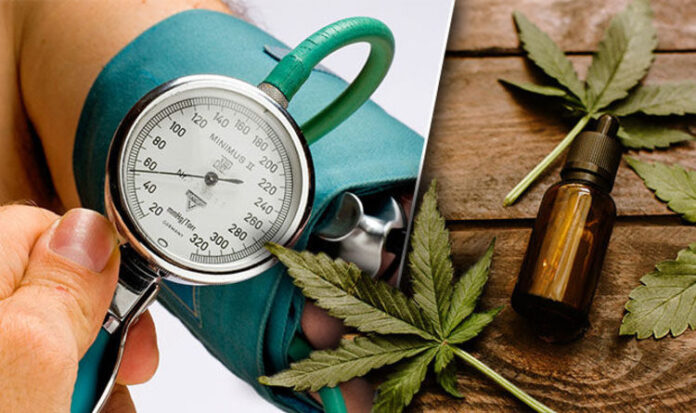
Healthy eating and regular exercise are essential starting points when managing blood pressure. But if you deal with hypertension, sometimes you need a little help.
Few people look forward to medications and their potential side effects. Still, it can often feel like the only option when you’ve tried everything else.
If you’re struggling with blood pressure problems, there may be another safe, effective, and natural path to treatment. The research on CBD for blood pressure still has ways to go, but there are hopeful signs that it could be an answer to hypertension.
How Common Is High or Low Blood Pressure?
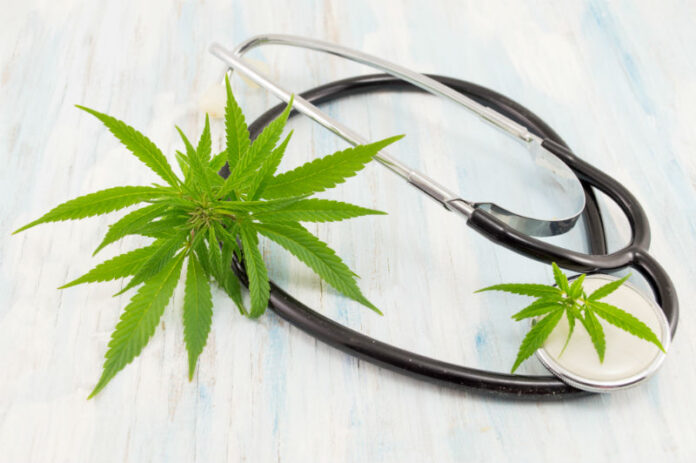
Blood pressure is the force of your blood against the walls of your arteries. The measurement shows a systolic measurement on top and a diastolic measurement on the bottom. The systolic is the pressure when your heart beats, and the diastolic is the pressure when it’s at rest.
Normal blood pressure is below 120/80. When your systolic rises above 120, you start to have elevated blood pressure. As the systolic and diastolic increase, you progress through the different levels of hypertension:
- Above 130/80: Stage 1 hypertension
- Above 140/90: Stage 2 hypertension
- Above 180/120: Hypertensive crisis
Hypertension is a common problem, affecting 116 million Americans and contributing to over 500,000 deaths in 2019.
As blood pressure increases, so does the risk of serious medical conditions, including:
- Heart attack
- Stroke
- Aneurysm
- Cognitive disorders such as vascular dementia
Despite the risk, many Americans fail to take the dietary and physical fitness steps to get their blood pressure under control.
Low blood pressure, or hypotension, is a more innocuous condition that presents itself in various forms depending on your age and medical condition. For example, orthostatic hypotension, the most common form, is a blood pressure drop that accompanies a standing motion. You’ll usually feel lightheaded and unable to focus for a few seconds.
Severe blood pressure drops can induce shock, causing the brain and other organs to lose function. Shock is most often the result of a serious injury or heavy bleeding.
Modern Treatments for High Blood Pressure
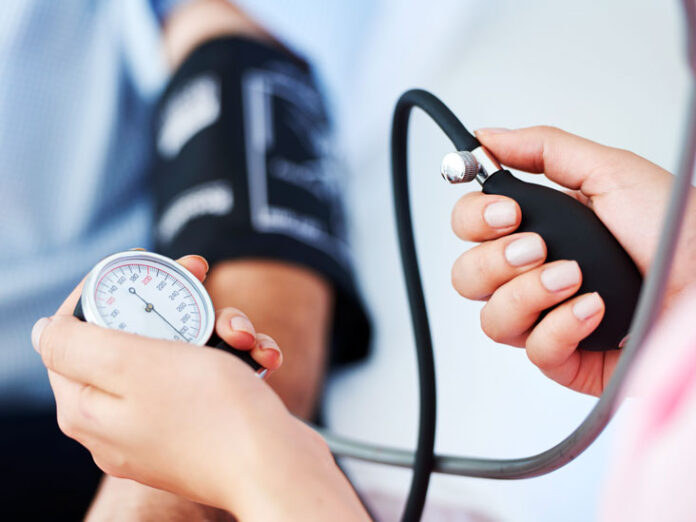
People with high blood pressure need a treatment plan, blood pressure monitoring, and frequent doctor visits.
Lifestyle changes are the first step in managing elevated blood pressure. Some of the immediate adjustments one can make to improve their blood pressure include:
- Losing weight
- Exercising at least 150 minutes weekly
- Reducing sodium, saturated fat, and sugar intake
- Quitting drinking and smoking
- Limiting caffeine
- Lowering stress
If you have high blood pressure despite making changes, your doctor may prescribe medication. The goal for many high blood pressure sufferers, including those over 65 years old and individuals with a high risk of heart disease, is to lower blood pressure below 130/80.
Some of the popular medications to control blood pressure that doctors may prescribe include diuretics to lower sodium levels or alpha-blockers and ACE inhibitors to relax arteries. There are many associated side effects with any prescription, so CBD for high blood pressure may be an agreeable route if you are worried about adverse reactions to medicine.
How CBD Affects the Cardiovascular System
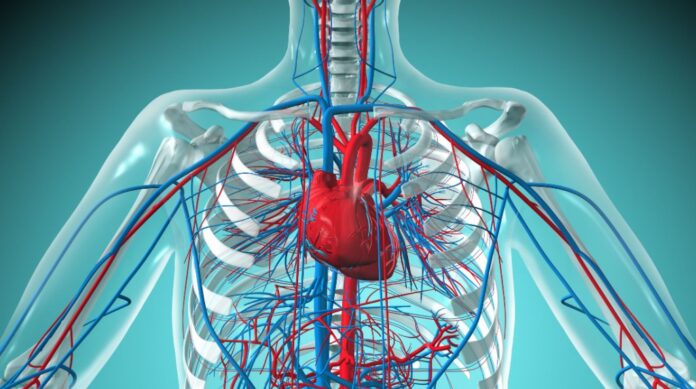
CBD is known for its anti-inflammatory benefits, an all-encompassing solution for various forms of acute and chronic pain and illness. We don’t fully understand how CBD interacts with bodily systems to stimulate healing, but it can be potentially therapeutic for numerous ailments, such as:
- Anxiety and stress
- Sleep deprivation
- Depression
- Addiction
By reducing stress and inflammation, the health benefits of this product indirectly affect the cardiovascular system. Regular stress can increase blood pressure by producing certain hormones like cortisol. CBD may help manage blood pressure by limiting the release of those hormones and reducing stressors like pain.
Research on CBD Benefits for High Blood Pressure

A connection between CBD, anxiety reduction, and sleep quality was the focus of a 2019 study of 72 adults. Within the first month of treatment, 79% of the subjects had lower anxiety levels. Out of the group, 66% had improved sleep scores.
A 2017 study measured the direct effects on blood pressure reduction. Nine healthy males were part of a randomized study where some subjects received CBD and others a placebo. The results showed a decrease in systolic blood pressure, stroke volume, and stress-induced blood pressure.
Despite the relation to stress reduction, the effect of CBD on blood pressure for people with low stress is inconclusive. A 2024 study on hypertensive rats found that CBD did not lower blood pressure or heart rate but limited pro-oxidative effects.
The antioxidant quality of CBD benefits many individuals in preventing certain neurodegenerative diseases. However, that same study also showed increases in lipid peroxidation in rats with normal blood pressure.
Before starting CBD for blood pressure regulation, it’s crucial to talk with your doctor. Its interaction with other medications may limit its effectiveness or lead to further health issues.
It’s essential to take care in researching any CBD product due to its regulation. The FDA has acknowledged the potential of CBD oil for treating several health conditions. Yet, to date, there is only one FDA-approved CBD product, Epidiolex.
Consider CBD for Blood Pressure Control
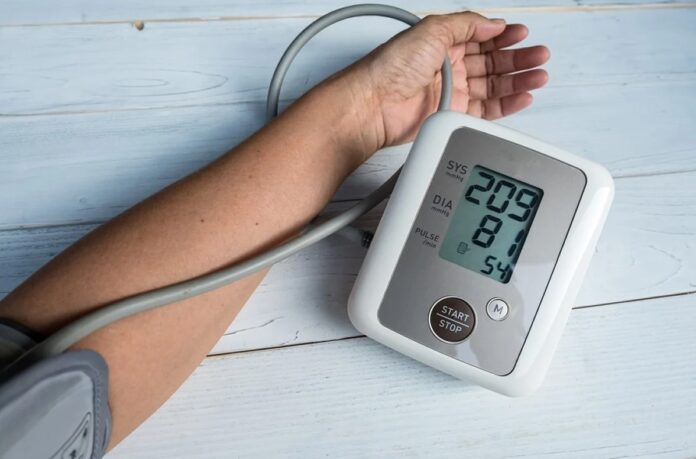
There’s still plenty of research that has yet to be done on using CBD for blood pressure. From what we know today, the future is bright for individuals looking for natural solutions to hypertension. If you face stress-induced blood pressure issues, talk with your doctor about the potential benefits of CBD for your health.
Are you ready to experience the mental and physical benefits of CBD? Whether you’re trying to reduce stress, manage pain, or improve your sleep, introducing CBD can be a safe way to meet your health goals. Contact our team at CBD ReThink for more information on CBD products that can enrich your life.








